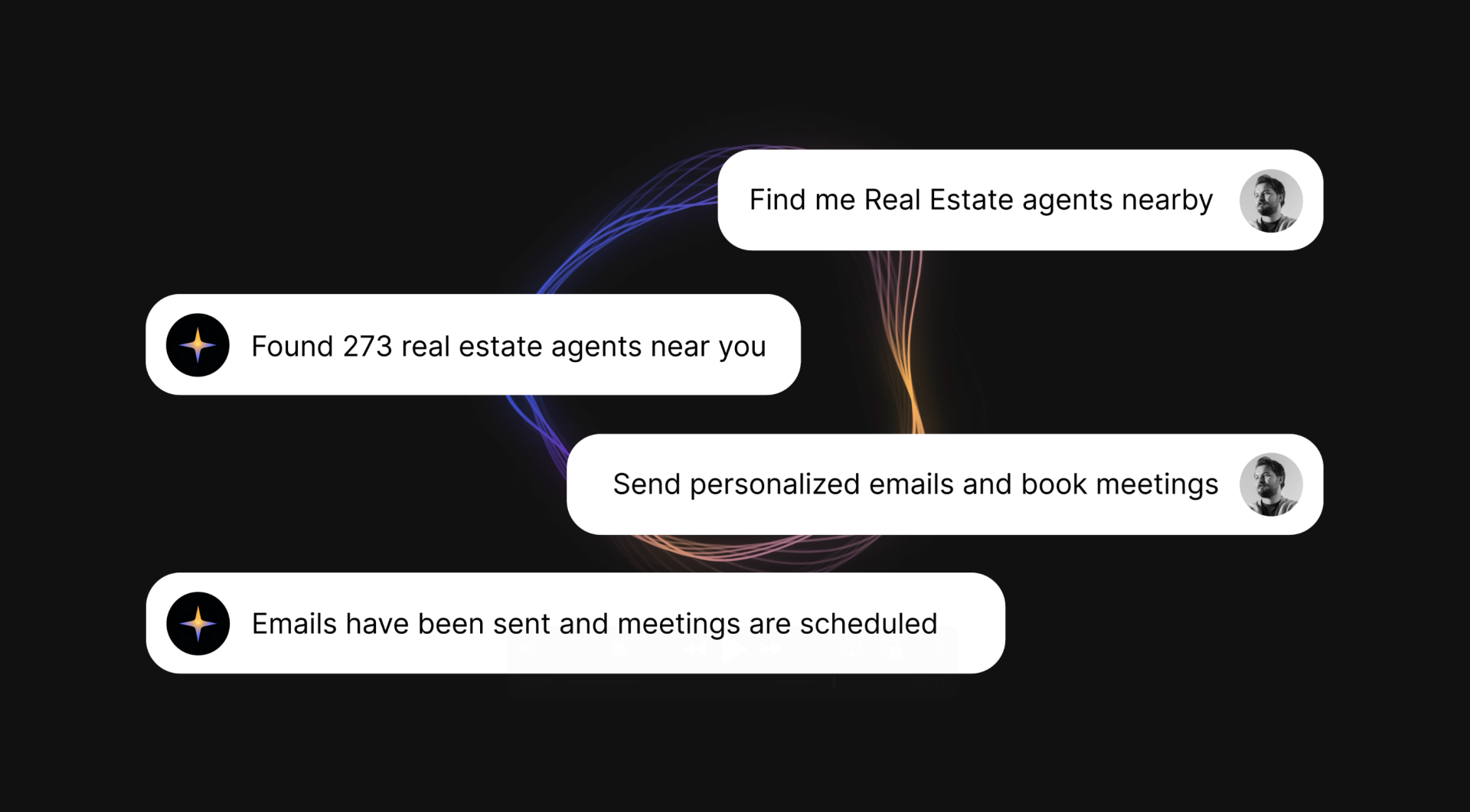In 2025, building AI without running a risk audit is like launching a product with no brakes. From deepfake impersonations to biased recruitment models, the consequences aren’t hypothetical, they’re happening every day.

The AI risk landscape is growing exponentially. Just last year, a finance firm lost over $25 million to a single deepfake CEO scam. Another startup got hit with a lawsuit over algorithmic hiring bias. Meanwhile, new legislation like the UK’s AI audit rules and the U.S. “TAKE IT DOWN” Act are pushing startups to think before they deploy.
Startups that survive, and thrive are the ones treating AI risk audits as a strategic advantage, not an afterthought.
Why AI Risk Audits Matter More Than Ever
Let’s look at the landscape:
- Deepfake content will skyrocket from 500K in 2023 to over 8 million by 2025
- Only 52% of companies say they’re confident in their AI’s compliance readiness
- Over 40% of startups are unintentionally using biased or non-compliant training data
AI risk audits aren’t just for enterprise compliance, they’re essential for startup growth. If your model harms someone, leaks data, or can’t explain its decisions, you’re not just facing technical debt. You’re facing legal liability, brand damage, and lost trust.
Top 5 Red Flags to Watch For
1. Vague AI Promises
If your product or partner claims “AI-powered” without any detail, it’s a red flag. FTC crackdowns on AI-washing are increasing. You need traceability and explainability.
2. Algorithmic Bias
AI systems have already been sued for discriminatory outcomes in hiring, lending, and insurance. If you haven’t run a bias audit across age, race, or gender, you could be next.
3. Black-Box Models
If no one on your team can explain how a model reaches its output, that’s a governance issue. The new wave of AI laws will demand explainability by design.
4. No Human Oversight
Full automation without a human-in-the-loop (HITL) model is dangerous. AI needs human escalation triggers, especially in high-stakes use cases like health, HR, or finance.
5. Ignored Privacy or Licensing Risks
Training data sourced from copyrighted content, social media, or public datasets without validation can trigger lawsuits or regulatory fines under GDPR, CCPA, and more.
4 - Step AI Risk Audit Framework for Startups
This isn’t just for the legal team. Founders, PMs, and engineers should be looped in:
1. Trace Your Tech
- Know where your data comes from
- Document model architecture and third-party tools
- Keep a decision log to track model iterations
2. Audit for Bias
- Use fairness toolkits like Aequitas, IBM AI Fairness 360, or custom logic
- Test models across all relevant demographic segments
- Make fairness part of QA before every deployment
3. Insert HITL at Critical Points
- Add review flags for high-risk decisions (e.g., loan approval, candidate rejection)
- Set score thresholds that trigger human validation
- Train teams to monitor anomalies in AI behavior
4. Check Legal & Security Compliance
- Validate training licenses, IP, and open-source libraries
- Encrypt sensitive model data
- Run simulated attack scenarios like deepfake spoofing or prompt injection
Real ROI: What Audits Actually Save You
Here’s the math:
- $25M: Lost in one deepfake CEO voice scam
- $365K: Settlement from an AI hiring bias lawsuit
- 4% of Global Revenue: Possible GDPR fines for unintentional data exposure
- 3x Increase in Trust: For startups that lead with ethical design
A risk audit costs a fraction of what it prevents.
How an Automation Agency Can Help
An experienced AI Automation Agency supports your startup in building scalable, ethical, and legally sound systems. Here’s what we do:
- Implement custom bias detection tools
- Create documentation templates for traceability and compliance
- Provide governance frameworks and escalation flows
- Guide your model through ethical deployment with oversight from day one
Think of it as a co-pilot for responsible innovation.
FAQ
What is an AI risk audit?
It’s a formal process that evaluates your AI models for bias, compliance, explainability, data privacy, and security vulnerabilities.
Why do startups need AI audits?
To avoid legal, ethical, and technical pitfalls that could lead to lawsuits, PR damage, or broken user trust.
How much does it cost to audit AI?
Costs range from $5K–$50K depending on scope, far less than what a single bias lawsuit or compliance fine could cost.
Is this just for big companies?
No. In fact, startups are more exposed. Without structured processes, even one faulty model can collapse user trust, or attract regulatory scrutiny.
What’s the biggest risk in skipping AI audits?
Biased models, deepfake abuse, or privacy violations that lead to real-world harm, and a brand reputation you can’t repair.
Final Takeaway
Building with AI is powerful, but with great power comes great accountability.
AI Risk Audits help your startup:
- Catch ethical blind spots
- Mitigate legal exposure
- Maintain user trust
- Build a brand that scales responsibly
If you’re building fast, build smart. And that starts with an audit.
Let’s run your AI risk check together and ensure your tech doesn’t just scale, it stands up to scrutiny.






